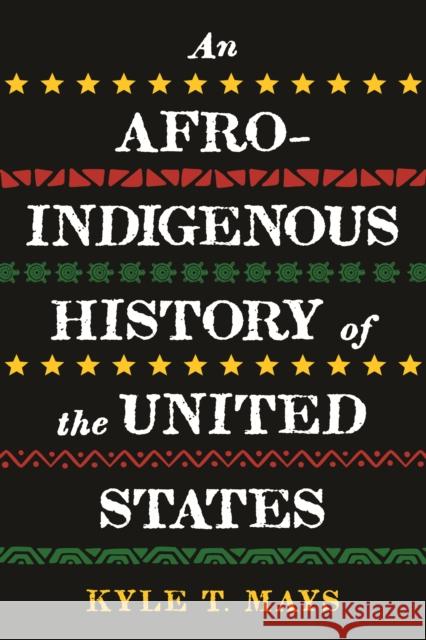Afro-Indigenous History of the United States, An » książka
topmenu
Afro-Indigenous History of the United States, An
ISBN-13: 9780807011683 / Angielski / Twarda / 2021 / 272 str.
Afro-Indigenous History of the United States, An
ISBN-13: 9780807011683 / Angielski / Twarda / 2021 / 272 str.
cena 107,71
(netto: 102,58 VAT: 5%)
Najniższa cena z 30 dni: 106,24
(netto: 102,58 VAT: 5%)
Najniższa cena z 30 dni: 106,24
Termin realizacji zamówienia:
ok. 30 dni roboczych.
ok. 30 dni roboczych.
Darmowa dostawa!
Kategorie:
Kategorie BISAC:
Wydawca:
Beacon Press
Język:
Angielski
ISBN-13:
9780807011683
Rok wydania:
2021
Ilość stron:
272
Waga:
0.54 kg
Wymiary:
22.61 x 15.75 x 2.79
Oprawa:
Twarda
Wolumenów:
01
Dodatkowe informacje:
Bibliografia
Wydanie ilustrowane
Wydanie ilustrowane











